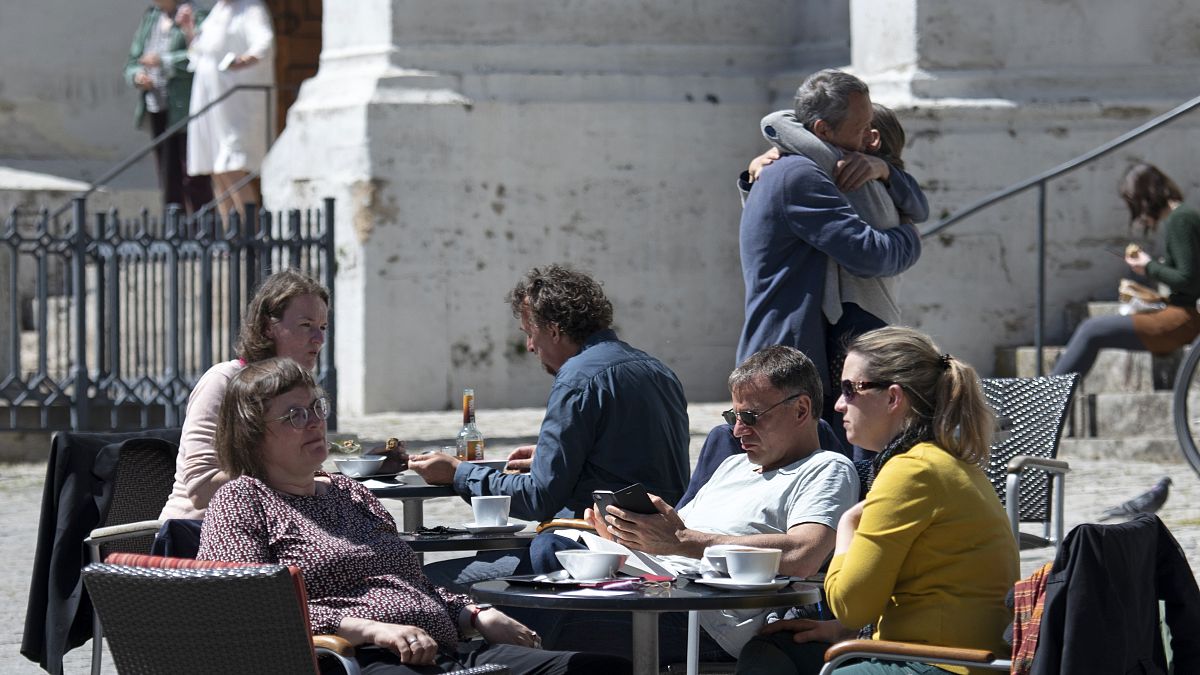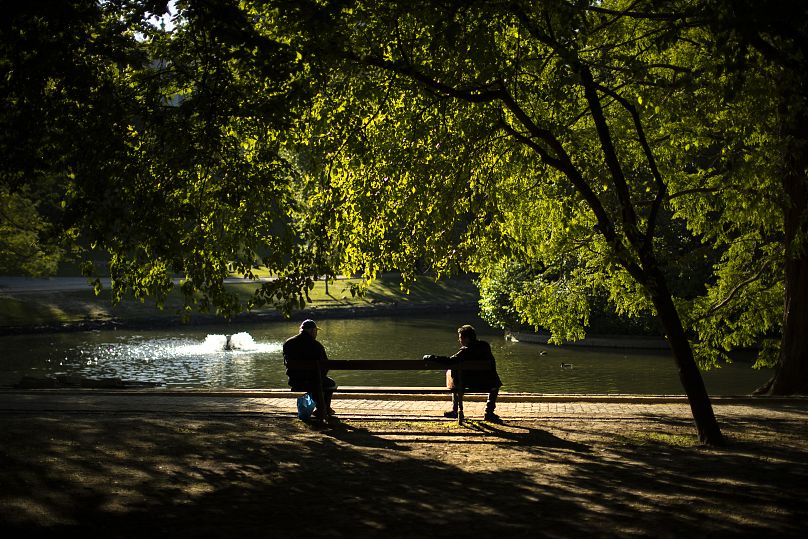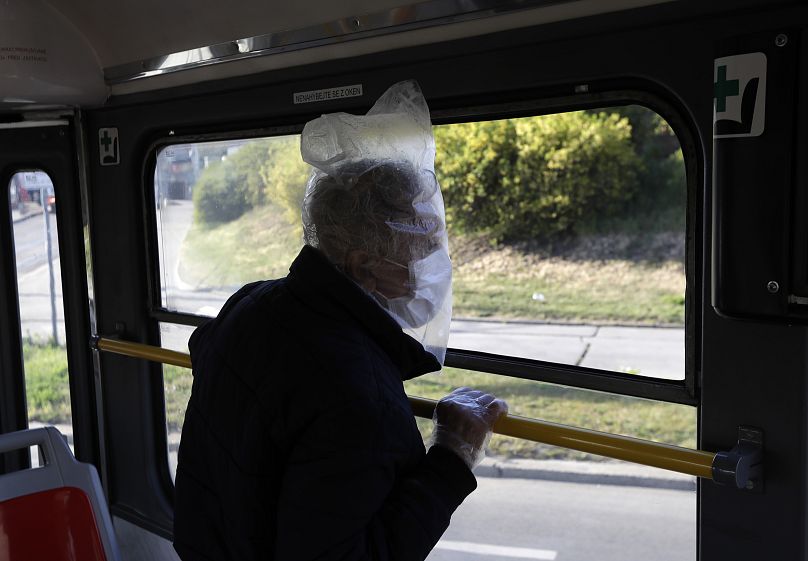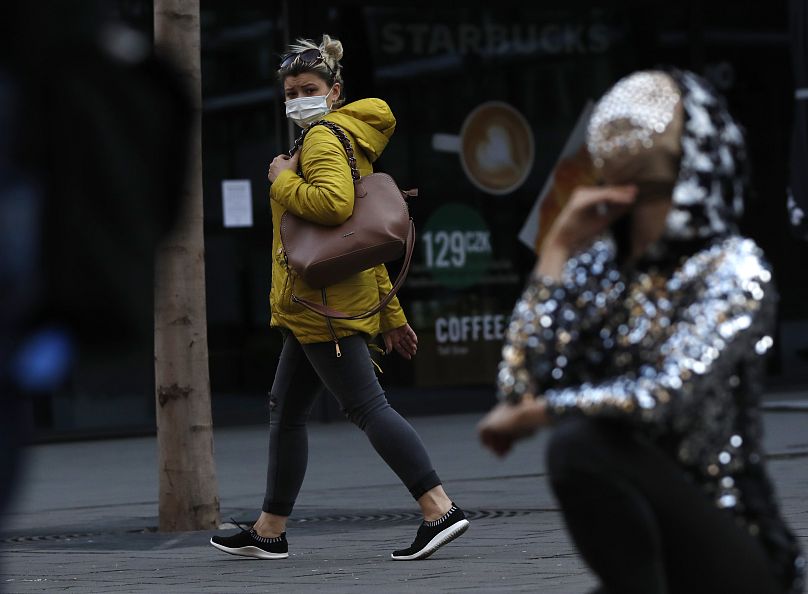The "bubble" method is an idea talked about in several countries to slowly start populations socialising while avoiding a second peak of coronavirus - so how does it work?
Weeks of non-existent physical contact with friends and family living anywhere other than your own household has been a difficult feat for many - but it has also been the key to stopping coronavirus in its tracks.
So as Europe begins to look past its lengthy lockdowns, a fine balance is becoming apparent between reintroducing crucial social interaction and maintaining a low transmission rate of the disease.
Belgium and the UK are examples of countries currently mulling over the idea of "social bubbles" - a restricted form of face-to-face contact - ahead of a vaccine being developed.
But what are social bubbles and how do they slow the rate of transmission?
What's in the bubble?
The general principle of a social bubble is that you can have contact with people outside of your household, but keep the number of people tightly restricted.
"If we all interact within this small group of people, we can prevent the virus spreading further," Oxford University sociologist Per Block told Euronews.
"If I am in a bubble with nine people, I can only spread the virus to them and they can't spread it any further.
According to Block, who authored a recent study on how to reintroduce social interaction, an effective bubble method with people following the rules "could contain the virus".
For instance, if there are ten people in a bubble, all ten people must only socialise with the nine other people inside it.
How do you choose a bubble?
This is where it gets more complicated. The worst effects of COVID-19 are known to disproportionately hit the elderly; however, Block says notions of segregating by age group are simply not practical.
He said: "Everybody could interact with people with a difference of two years in their ages - but this is more theoretically interesting than anything."
"Families, for example, span across huge age ranges; and there are potential side effects like huge psychological and social damages if we try and segregate."
Referring to anecdotal evidence, Block said there could also be "very unpleasant consequences" if elderly populations are cut off.
Taking geography into account
Restricted socialising and curbing the spread of COVID-19 could be more effective when making use of geographical location, Block continued.
"There are other strategies that slow down spread in societies," he said, adding: "If we restrict our interactions geographically - such as two blocks from our home - we create barriers between long-distance contact.
"If we restrict our interactions to something very local like this, it would take, say, five to seven steps of transmissions before someone ten blocks away becomes infected.
"It slows down the rate that the infection reaches someone else."
He added: "If I am infected and I were to meet someone who lives 50km-100km away, it starts a new seed [of disease]."
Can we make it work?
Block and his team have been looking into idealised scenarios for better and worse ways to socialise as lockdowns are lifted - but notes that whichever method is adopted, the same thing for everyone needs to be taken into account.
He said: "These strategies only work if we stick to them. If we want to have a social bubble of ten, then all ten people need to stick to it.
"We need a sense of solidarity; we need to stick together; we all need to work jointly together."



